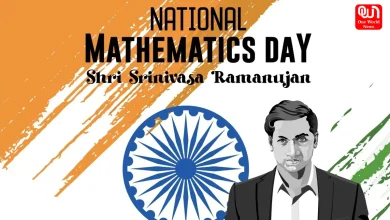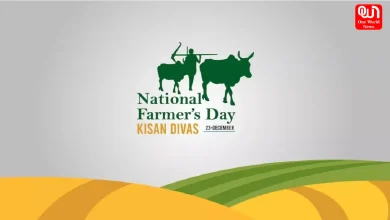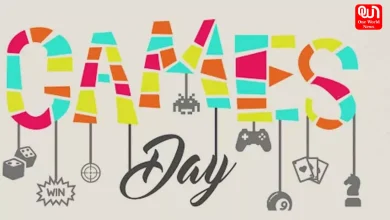Filmy Friday: Let’s revisit Deepa Mehta’s Element Trilogy, Fire, Water and Earth

If sensitive storytelling is something, we must look back to the storytelling in Deepa Mehta’s Element Trilogy
Agni, Jal, and Dharti. Fire, Water, and Earth – the elements trilogy by Deepa Mehta. Deepa Mehta is an Indo-Canadian filmmaker who has used elements of nature to tell unheard and sensitive stories that are a reflection of local issues of the Indian subcontinent. All the three films of this trilogy, Fire, Water, and Earth have remained controversial and are renowned for their sensitive storytelling.
Talking about Deepa Mehta’s own comment on her element trilogy, she says “Fire” is about the politics of sexuality, “Earth” is about the politics of religion and “Water” is the representation of the conservative society for women. The trilogy is about tangible elements, which nurture and destroy us yet the three films of the trilogy are very different in nature. Let’s pick each of them one by one.
Fire
Fire is the first installment of the trilogy and is perhaps the most controversial one, Fire was released in the year 1996. The film is certainly one of the most progressive women chronicles of that time and, even for the Indian masses of the twenty-first century. Set in a family of two brothers, ‘Fire’ narrates a story of two women, Radha and Sita. Radha is the wife of an extremely religious man and a follower of Swamiji who believes in the idea that desires are the cause of all the sufferings and one should always try to suppress them. Hence, Radha is unable to bear a child.
In the same setup, Sita joins the family as the wife of the younger brother, Jatin. Jatin has an affair with a Chinese girlfriend hence, Sita isn’t happy with her married life. Living in a joint family with a paralyzed mother, both, Radha and Sita were not really heading the lives of their choice. In an exploration of their choices, they happen to develop affection for each other perhaps making it the first film to talk about lesbian relationships in India. The representation of the film portrays the hypocrisy and neglect of society towards women’s choices and beliefs.
Read more: 5 Books to Read in order to understand Indian Caste and Privileges

Earth
The second part of the trilogy, Earth, is based on a novel, Cracking India by Bapsi Sidhwa. The film revolves around the tension during the time of partition in 1947. From the prospective of Lenny, a young girl who belongs to a rich, Parsi family, the film subtly shows the trauma of children growing in the tension of the partition. Lenny sees the tension and violence among the Hindu, Muslim and Sikh community and remains confused yet neutral towards all. Lenny sees the ice candy wala, Dil Navaz and Hassan, both being in love with her ayah Shanta. All three of them belong to different religions yet are tied in friendship. What is plightful is seeing their souring friendship because of the religious divide. From the point of view of Lenny, the film absolutely shows the hardships on the land of independent India, and hence named Earth.
Water
The third and the last instalment of the element trilogy, water is one of the simplest yet most impactful ones. Well, what can be more pitiful than knowing about an 8 years old girl who has to live a life like a widow without even knowing who her husband was? Chuyia is a young girl who is sent to the ashram for widows. She was made to follow all the customs and traditions including removing the hair, wearing white coloured saree and absolutely plain food. Chuyia is a smart and innocent girl who was hit by the traditional and patriarchical Hindu laws. She even tried to disappear from the ashram but couldn’t. Later, she makes friends in the ashram and develops a soft corner for herself in the hearts of other members, especially Kalyani. Though, the woman Incharge of the Ashram, Madhumati didn’t like it and has been very hard on the girl. Later, tables must have turned when one of the women from the ashram took the initiative to let Chuyia escape by handing her over to Narayan, who is a progressive Hindu man. The film is set in 1938 and was released in 2006 and is still equally uncomfortable to watch the plight of women.
In this weeks film update, we have handpicked the Element Trilogy for you. Hope you will feel the sensitivity of the times through these three films. Watch these films if you haven’t yet and let us know in comments, what you feel about them.
Have a news story, an interesting write-up or simply a suggestion? Write to us at info@oneworldnews.com







